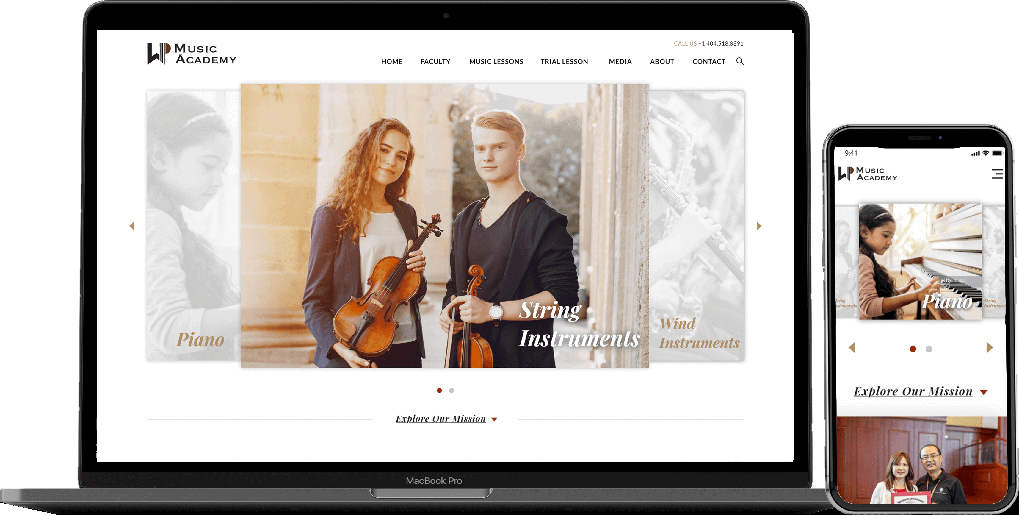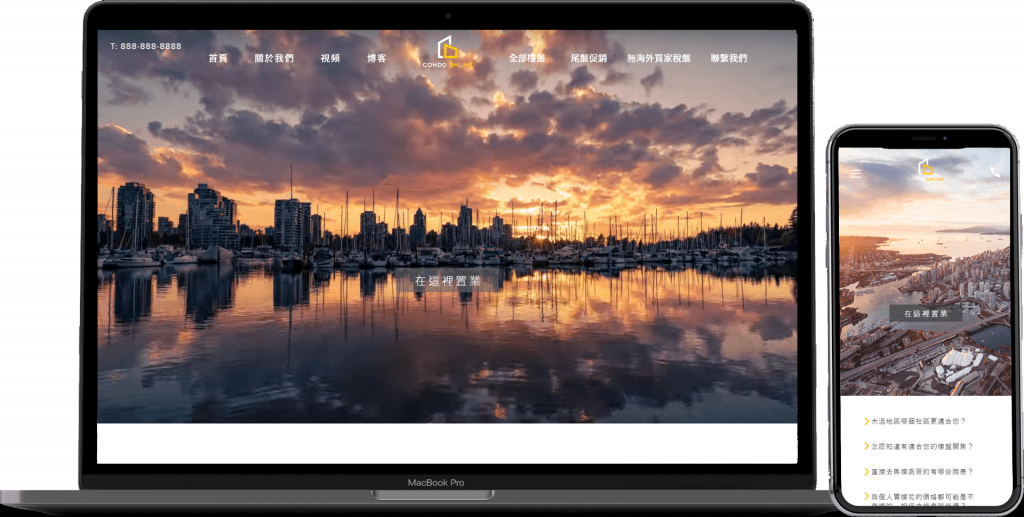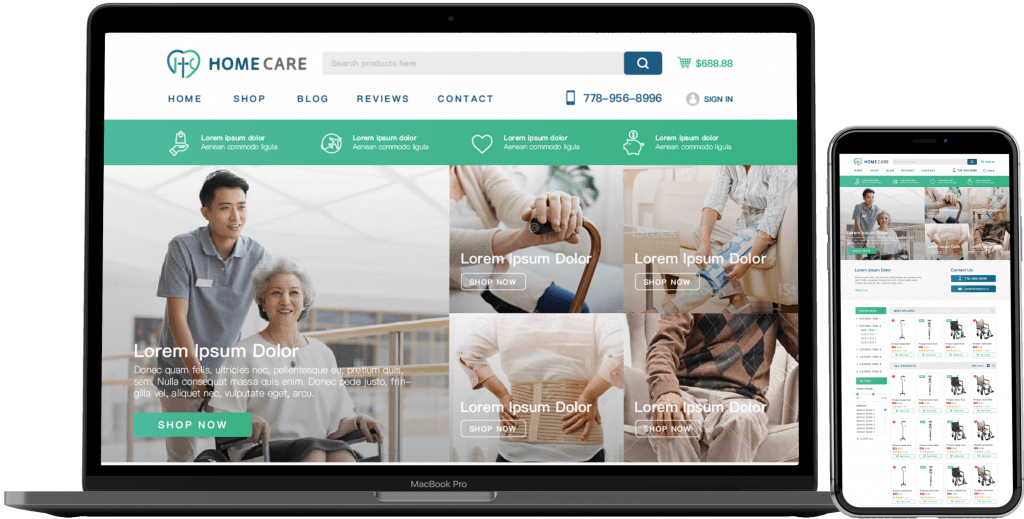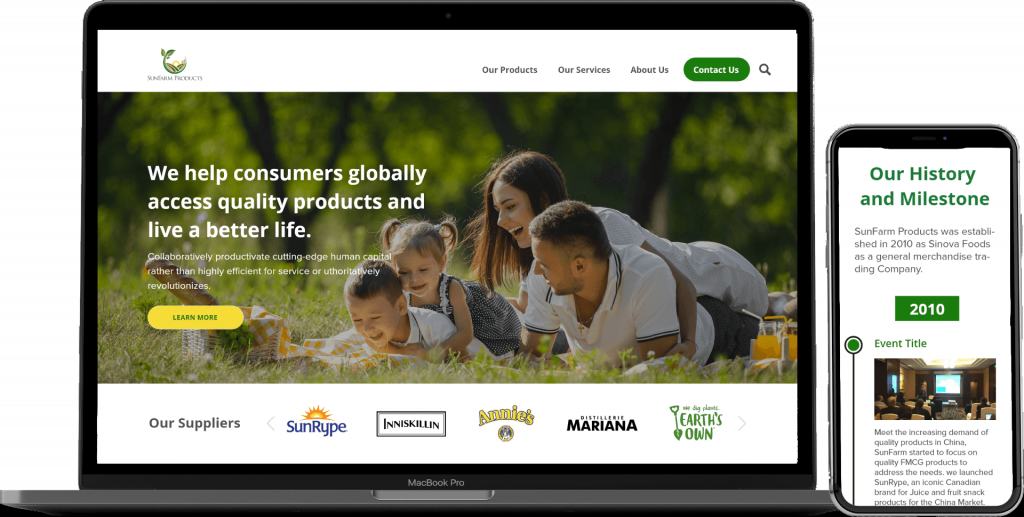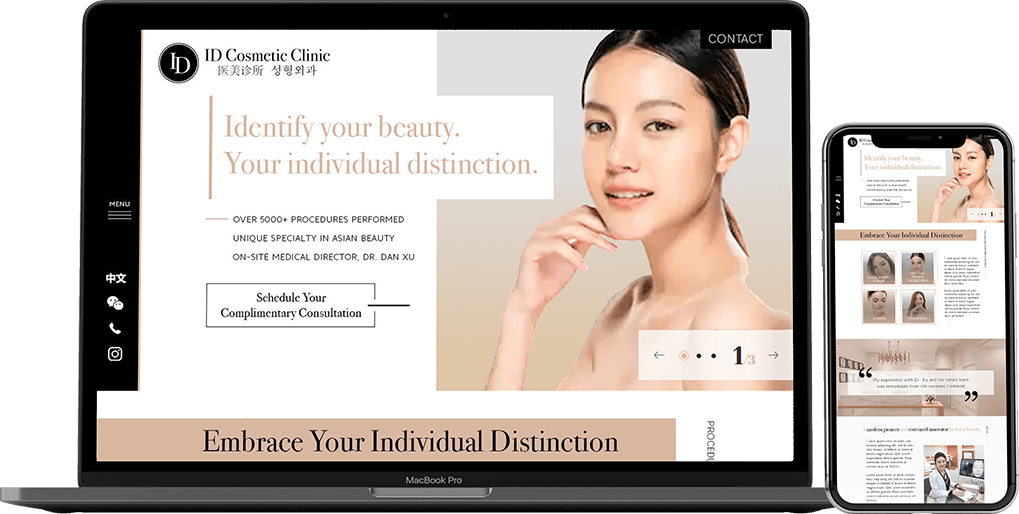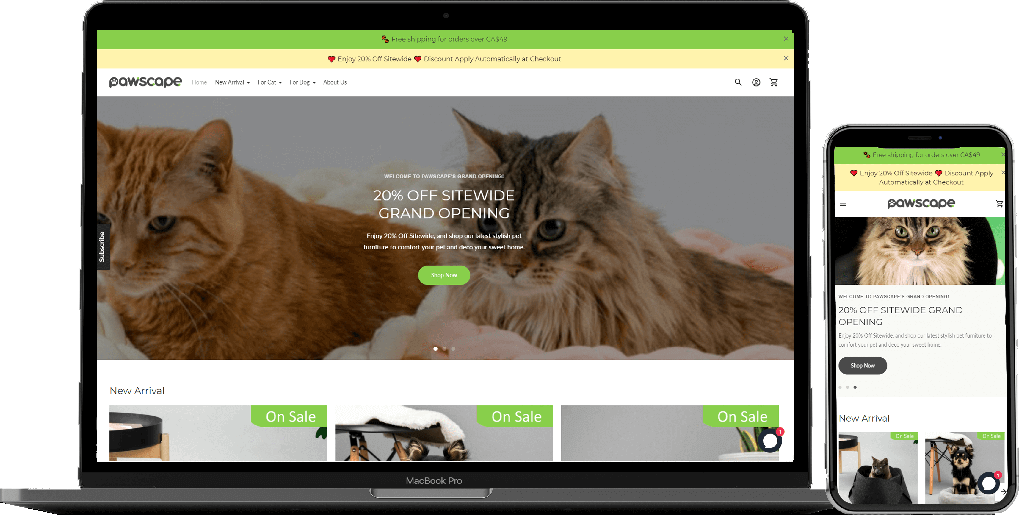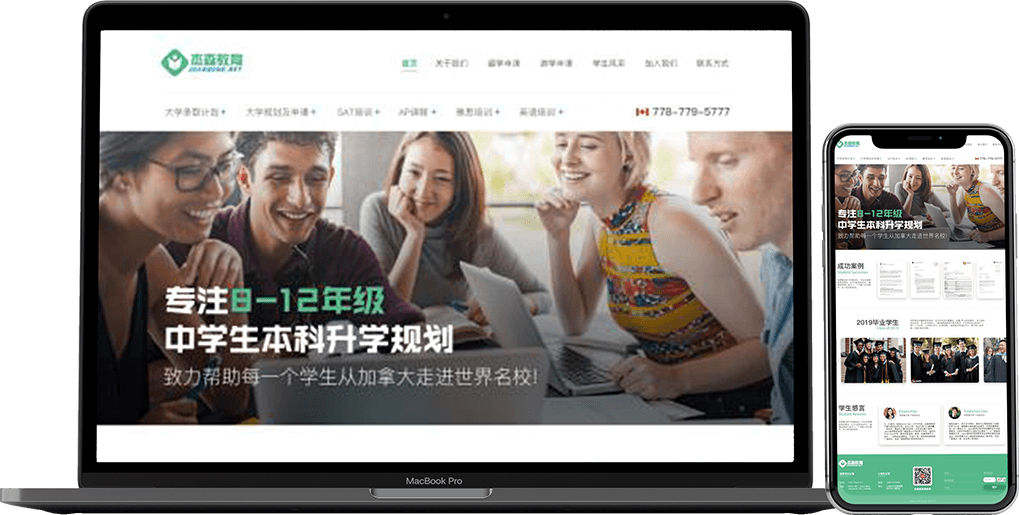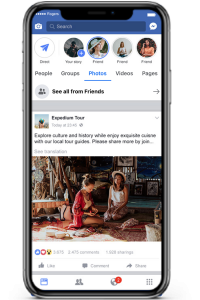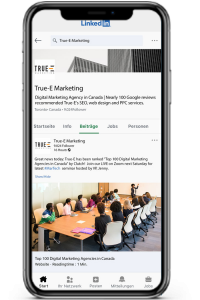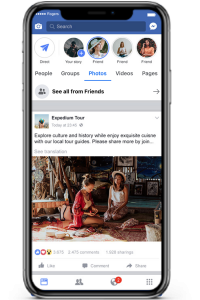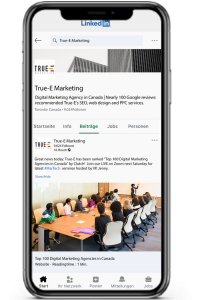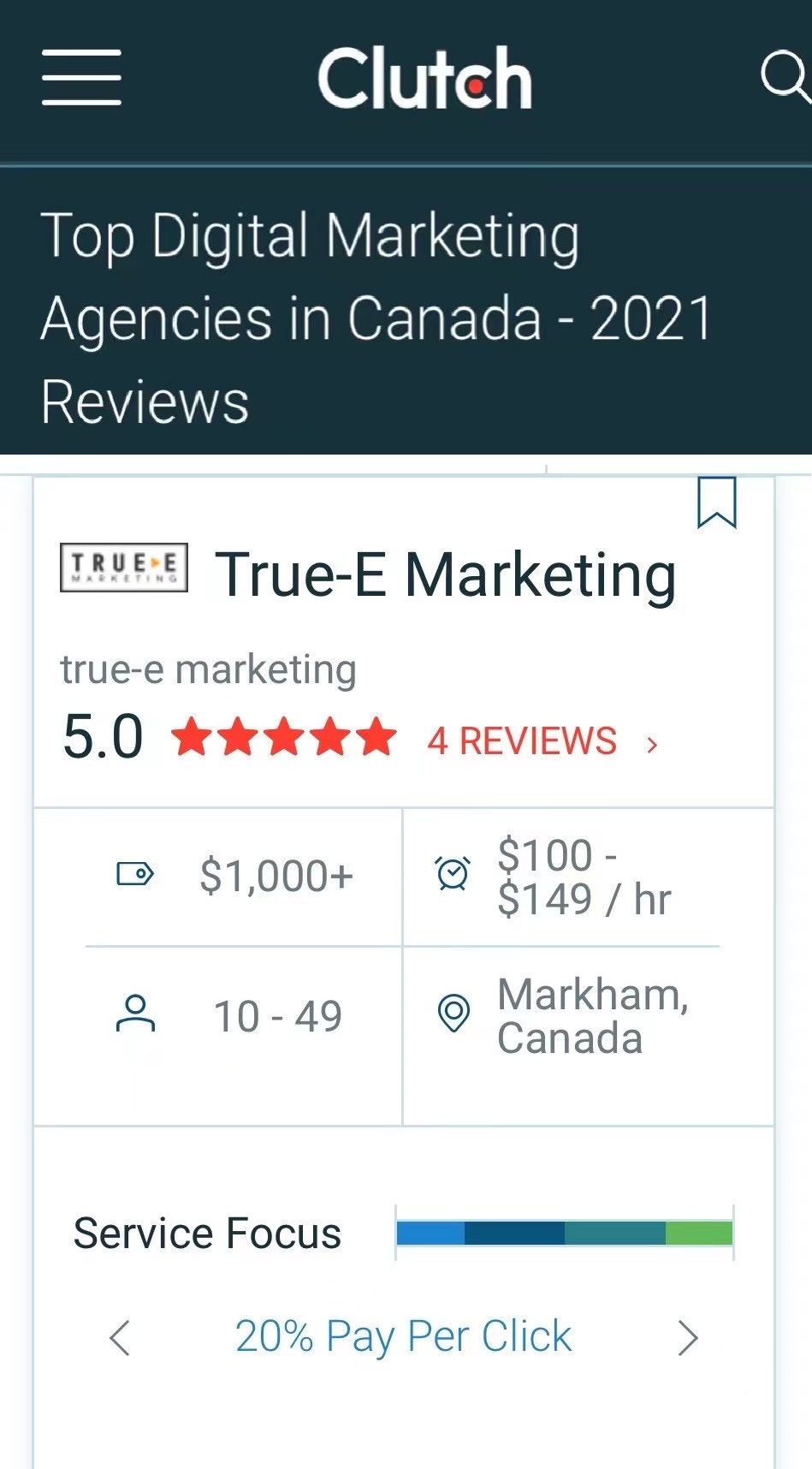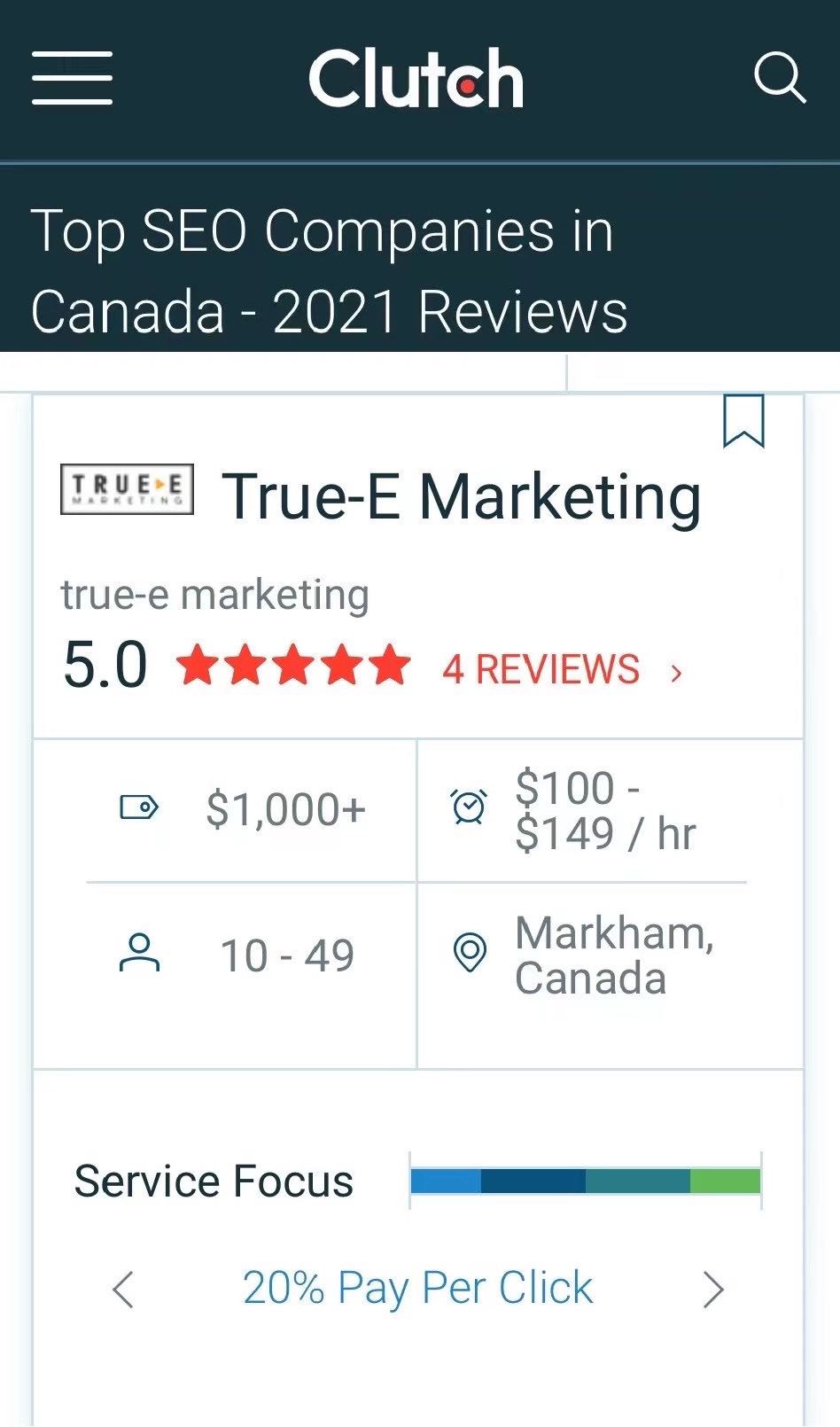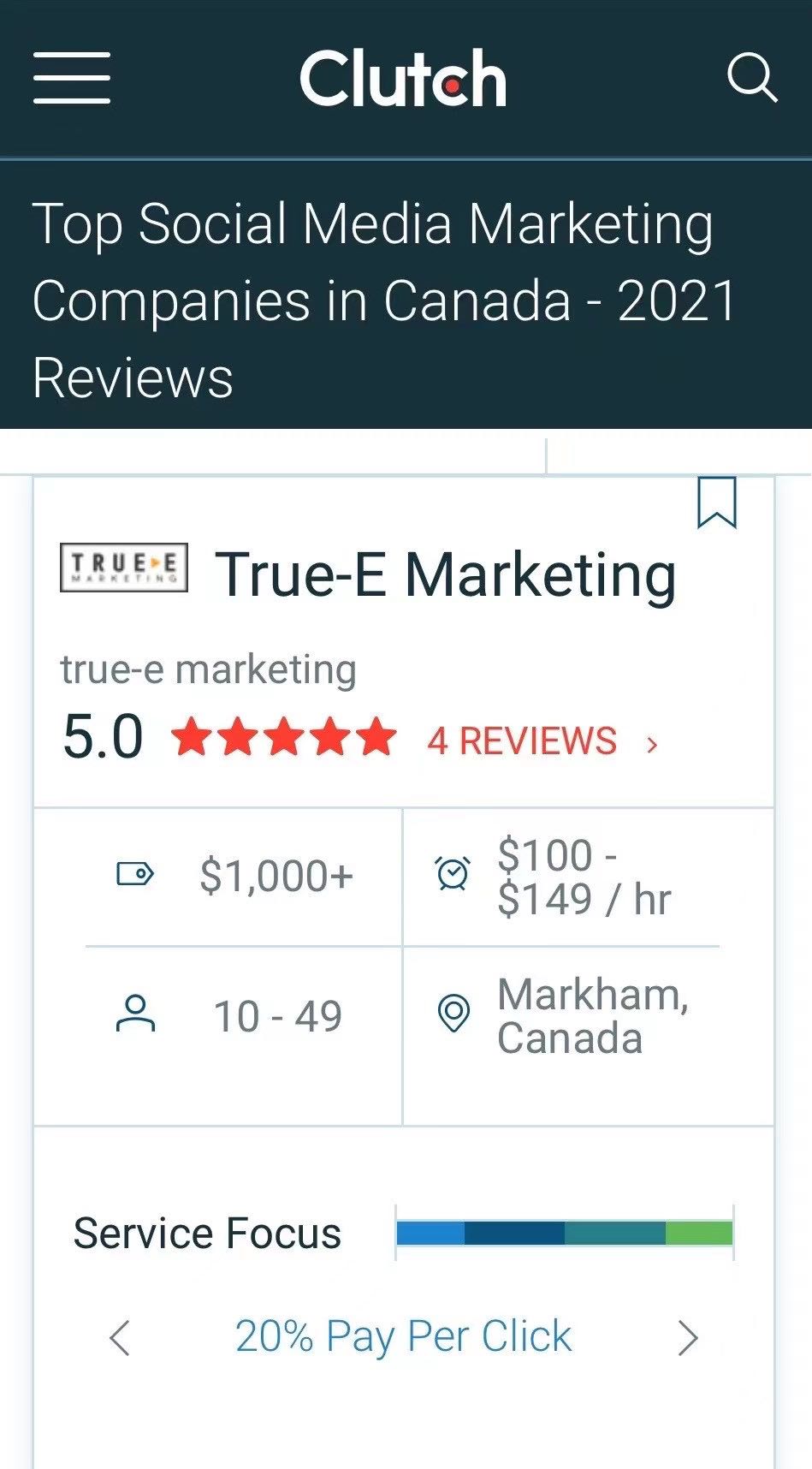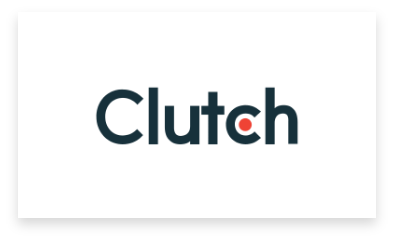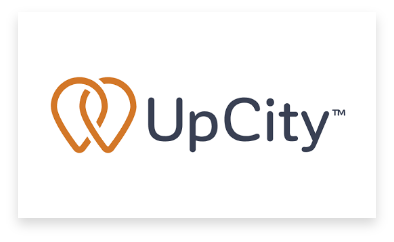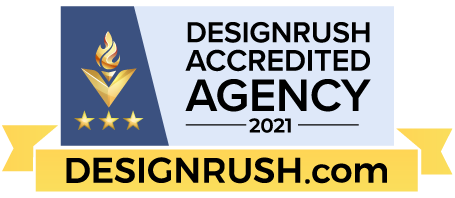The Influence of Social Media Services in Modernized eLearning
In today’s interconnected world, the realms of social media and eLearning have become closely intertwined, revolutionizing the way we perceive education. A myriad of social media platforms such as Facebook, Instagram, Twitter, LinkedIn, and TikTok have seamlessly integrated into eLearning environments, offering numerous benefits to both educators and learners alike.
One of the key advantages of incorporating social media services into eLearning platforms is the facilitation of collaborative learning. Platforms like Facebook Groups and LinkedIn Learning Communities allow students to engage in discussions, share resources, and collaborate on projects beyond the constraints of traditional classroom settings. This fosters a sense of community among learners, enhancing their overall eLearning experience.
Moreover, social media services enable personalized learning experiences tailored to individual preferences and learning styles. Platforms like Instagram and TikTok utilize visual and interactive content to deliver educational material in an engaging manner, catering to the needs of diverse learners. This customization augments learner engagement and retention, leading to improved learning outcomes.
Another significant benefit of leveraging social media services in eLearning is the accessibility to a vast repository of educational resources. Platforms like Twitter and YouTube are rich sources of user-generated content, offering tutorials, lectures, and educational videos on a wide range of topics. This accessibility democratizes education, making high-quality learning material available to a global audience at no cost.
Despite the numerous advantages of integrating social media services into eLearning platforms, certain challenges exist that need to be addressed. One of the primary concerns is the issue of data privacy and security. As learners interact and share information on social media platforms, there is a risk of sensitive data being compromised or misused. Educators and eLearning providers need to implement robust data protection measures to safeguard the privacy of their students.
Furthermore, the pervasive nature of social media can sometimes lead to distractions and information overload, detracting from the learning experience. Educators must strike a balance between leveraging the benefits of social media services and mitigating potential distractions to ensure optimal learning outcomes for their students.
In conclusion, the integration of social media services into eLearning platforms has ushered in a new era of digital education, transforming the way knowledge is imparted and acquired. By harnessing the power of social media for collaborative learning, personalized experiences, and access to a wealth of educational resources, eLearning providers can create dynamic and engaging learning environments that cater to the diverse needs of learners worldwide.
